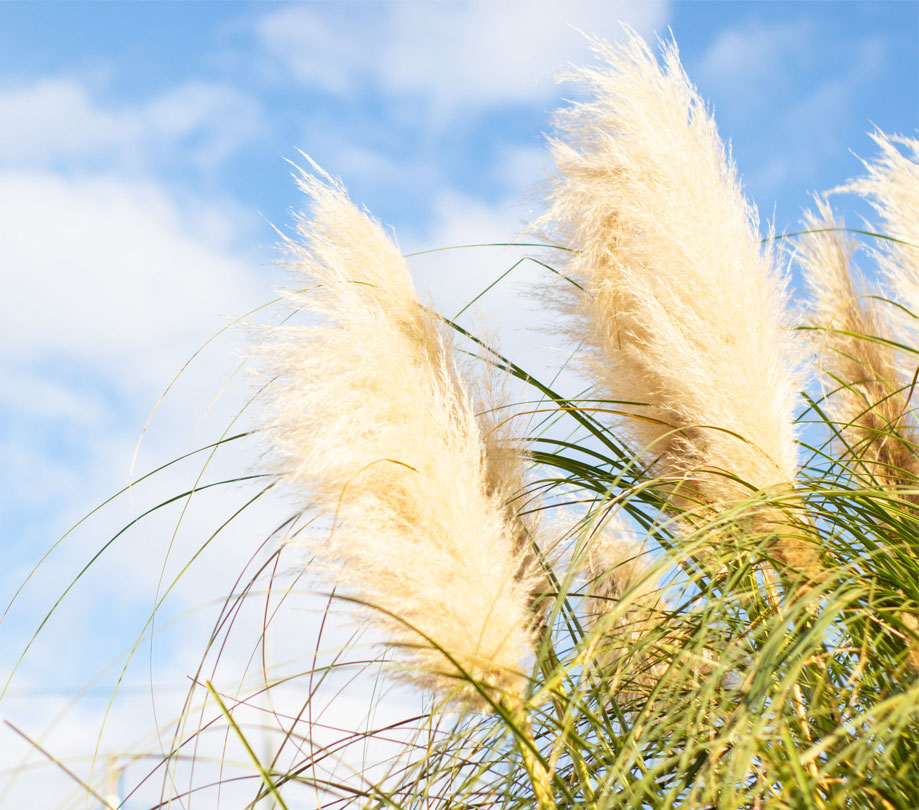Blog
(XOS) Xylooligosaccharides are present in Miscanthus and the benefits of XOS in Miscanthus include keeping the colon healthy in humans. Sice XOS are present in Miscanthus, the question becomes whether it does the same thing as other XOS sources already available.
Did you know that roughly 78% of the people that died of Covid were obese and 40% had diabetes? Did you know that 42% of Americans are obese, 11% have diabetes and 25% of Americans 18+ are prediabetics? These numbers to me are staggering and sad. While there is no magic bullet that will fix these problems, did you also know that something as small as an alteration in the intestinal ecosystem is linked to irritable bowel syndrome, type 2 diabetes, and obesity? (1,2) With around 100 trillion microorganisms in the human GI and the majority of them being anaerobic bacterial species in the colon, it is crucial that these organisms are taken care of to help prevent disease and in turn keep us healthier and protect us from things like Covid.
So how do we take care of these organisms in the Colon? One way is Xylooligosaccharides or XOS. The XOS help microbiota like Lactobacillus and Bifidobacterium species, which are very good fermenters in the intestinal system, to thrive. (2) A study showed that the incorporation of XOS in the food product mediated the changes in bacterial growth (3) and as mentioned above, the alterations in the microbiota are what can lead to disease.
The benefits of XOS in Miscanthus
What does this have to do with Miscanthus? Miscanthus has roughly 13.5% XOS prebiotic naturally occurring in the plant. (5) This is great because miscanthus is all-natural, abundantly grown, and a very sustainable crop. Since XOS is present in Miscanthus, the question becomes whether it does the same thing as other XOS sources already available. There was a study, “In Vitro Fermentation of Xylooligosaccharides Produced from Miscanthus x giganteus by Human Fecal Microbiota”(4) that looked at how well Miscanthus XOS compared to chemically made XOS and pectin. The positive results showed that the beneficial bacteria, Bifidobacterium and Lactobacillus increased during fermentation when Miscanthus XOS was given to them. Is Miscanthus XOS the answer to solving all of the disease problems plaguing our society? Probably not, however, understanding how XOS from Miscanthus can help keep the colon healthy in humans is a start. Oh, and did I mention Miscanthus is already doing just that in pets?
References
1. C. M. Guinane and P. D. Cotter, “Role of the gut microbiota in health and chronic gastrointestinal disease: understanding a hidden metabolic organ,” Therapeutic Advances in Gastroenterology, vol. 6, no. 4, pp. 295–308, 2013. https://journals.sagepub.com/doi/full/10.1177/1756283X13482996
2. I. Sekirov, S. L. Russell, L. C. M. Antunes, and B. B. Finlay, “Gut microbiota in health and disease,” Physiological Reviews, vol. 90, no. 3, pp. 859–904, 2010. https://journals.physiology.org/doi/full/10.1152/physrev.00045.2009?url_ver=Z39.88-2003&rfr_id=ori%3Arid%3Acrossref.org&rfr_dat=cr_pub++0pubmed&
3. Shyh-Hsiang Lin, Liang-Mao Chou, Yi-Wen Chien, Jung-Su Chang, Ching-I Lin, "Prebiotic Effects of Xylooligosaccharides on the Improvement of Microbiota Balance in Human Subjects", Gastroenterology Research and Practice, vol. 2016, Article ID 5789232, 6 pages, 2016. https://www.hindawi.com/journals/grp/2016/5789232/
4. Ming-Hsu Chen, Kelly S. Swanson, George C. Fahey, Jr., Bruce S. Dien, Alison N Beloshapka, Laura L. Bauer, Kent D. Rausch, M.E. Tumbleson, and Vijay Singh, “In Vitro Fermentation of Xylooligosaccharides Produced from Miscanthus x giganteus by Human Fecal Microbiota”, J. Agric. Food Chem. 2016, 64, 1, 262–267. https://pubs.acs.org/doi/pdf/10.1021/acs.jafc.5b04618
5. *Ming-Hsu Chen, Michael J. Bowman, Bruce S. Dien, Kent D. Rausch, M.E. Tumbleson, Virjay Singh. Autohydrolysis of Miscanthus x giganteus for the production of xylooligosaccharides (XOS): kinetics, characterization, and recovery. BioResource Technology. Volume 155, (359-365), (2014). https://www.sciencedirect.com/science/article/abs/pii/S0960852413018907

